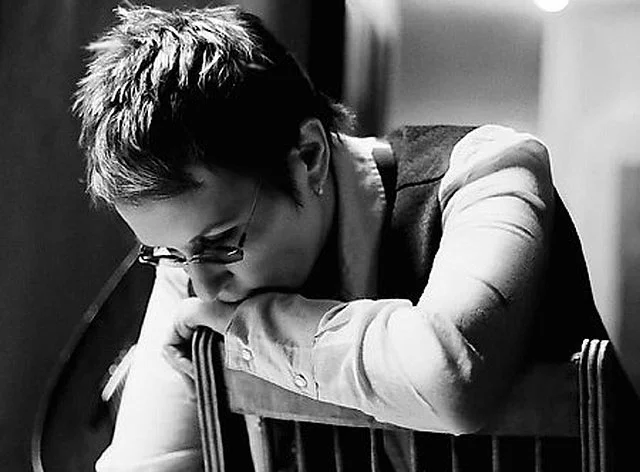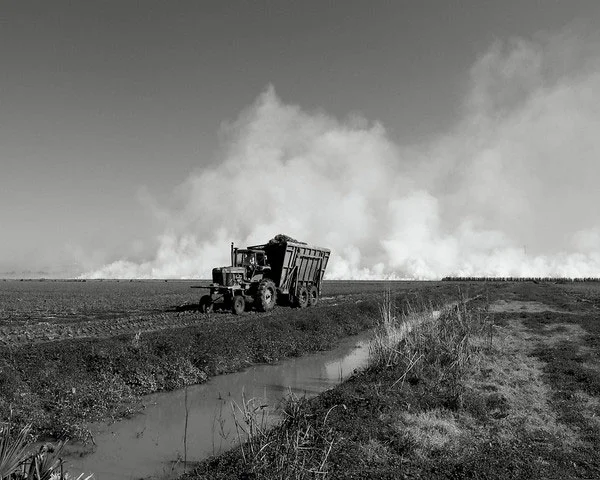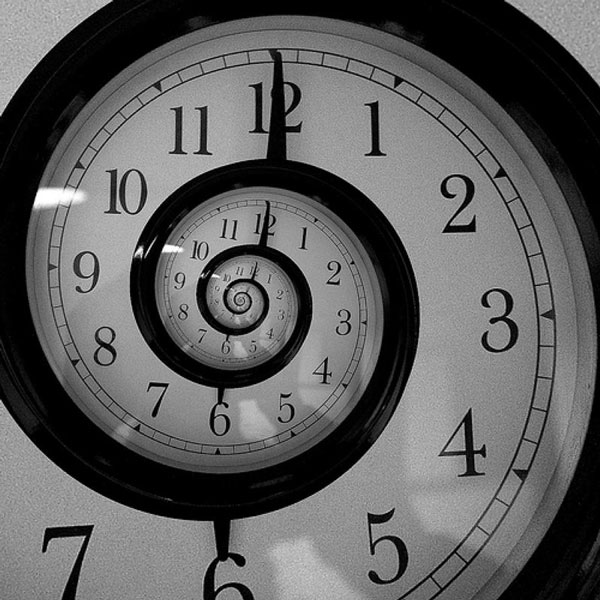(by Fred Eaglesmith) Son, could you help me on this platform? I’m not so good at climbing stairs I brought me a drink and some sandwiches I want to just sit and watch the trains
I come down here almost every Sunday My grandkids, they used to come too Now they drop me off at the front gate I guess that they got better things to do
Number 47 she’s a good one Number 63 sings like a bird Number 29, that’s the one they call The Rocket Hey, that’s the saddest train I ever heard
Son, I’m decorated veteran I fought in what they called the Great War I used to believe in everything it stood for I don’t believe in much anymore
Number 47 she’s a good one Number 63 sings like a bird Number 29, that’s the one they call The Rocket Hey, that’s the saddest train I ever heard
Son, you look just like my boy He stood here almost 40 years today He looked so good in that brand new soldier’s uniform But that Rocket never brought him back again
Headaches and heartaches and all kinds of pain, these are the parts of the railroad train. Trains are one of the great metaphors writers use to shine the light on the far reaches of the human heart—to demonstrate the comings and goings of love. There are hundreds and hundreds of songs that use trains to tell the stories of the hearts’ travels, and “The Rocket” is one of the best.
It is written from the perspective of a man who has experienced a loss so devastating he cannot fully transcend his sorrow, so he has ritualized his grief in order to deal with it. He’s compelled to visit and re-visit the site where he last saw his son alive, the place where he sent him off to war 40 years prior—the eponymous train station. He is an old man now, bent over with regret, and he has lost most—if not all—of his faith. His body is also failing him, he has trouble with the stairs, and is forced to ask strangers to help him make his way up and down the flights for his weekly pilgrimage.
The utter brilliance of this song lies in the fact that old man does not choose to visit his son’s grave on his weekly pilgrimage. Instead, he chooses to visit the departure site, the place where he sent the boy off to war. It’s as though he is engaging in a penance for his actions, trying to make some kind of atonement for what he believes he did. We also get the feeling that the old fellow sits and stares at the trains trying to understand the enormity of what’s transpired, hoping somehow that if he stares long enough and hard enough, he might change the ending of the story.
His grandkids drop him off at the station, but they don’t join him there to watch the trains anymore, he’s left on his own to talk to the strangers who help him navigate the stairs ( and the emotions). He is compelled to tell his story each time, perhaps finding comfort in the telling. The universal human reaction to tragedy, to grief, is the need to tell and re-tell our story, it helps us move through the sorrow. But this old man is trapped in his pain, and he cannot find his way out of the maze. He feels responsible for his son’s death, and as we witness his pain, we feel compassion for him.
Nationalism and patriotism carried to their ultimate conclusions have repercussions, and this man has paid a high price for his devoted love and defense of his country—suffering both the loss of his son, and the loss of his faith. We assume the man is an American, but this is not necessarily so. This man could be of any nationality, and the pain would be the same. This song captures the essence of disillusionment through the old mans voice, the voice of the old soldier. We see the high cost of war through his eyes. This is not a protest song, or a peace song. It does not instruct us emotionally, it does not tell us how to feel about what has transpired. It only tells the story of one old man’s grief ritual. We take from it what we will, and draw our own conclusions. This is a story song well written, and the brilliance of story songs well told is that we write our own endings and thus personally connect with the universal truths they reveal.
When I was a child my family was dealt a devastating blow during the Vietnam War when my cousin Phillip was killed. I was far too young to have any true understanding of what had happened. I can only remember the adults telling the story of the soldiers pulling up to my aunt Dot’s house to tell her that her child was gone, and her profound emotional reaction to those soldiers at the front door. They spoke in whispers, but I heard them, and tried to take it all in.
My father served in Korea, but he did not ever talk about his years there. When we lost Phillip I could see in his eyes some of what he must had gone through when he was a soldier. His wartime experiences suddenly showed, the weights hung in his eyes revealed themselves, they were weights even a child could see.
In those cold hard months following Phillip’s funeral, my daddy didn’t talk much at all, which was very out of character for him. We’d go sit with my aunt, and just sit there—for hours. The adults drinking coffee, the kids playing in the back, quietly, knowing to keep it down. Feeling the sorrow too, in our child hearts.
My cousin’s picture, taken in his soldier’s uniform, hung framed in the living room of my aunt’s house, above the table next to the TV. Over the years, I’d stare at it when we’d go visit, trying to understand what it meant to be killed in a war in a foreign place, a place we had seen only on a map. I can still see that picture of him in my mind, though I have not laid eyes on it in 40 years. The young soldier, looking strong and brave at the camera, hair buzzed short, hat tilted slightly sideways on his head, a serious look. Phillip’s death was my introduction to mortality. His loss had a profound effect on my family, and though I was too young to really understand, I still carry the weight of it. Perhaps we all carry similar experiences, memories of our introduction to mortality.
“The Rocket” captures an emotional universe. It speaks for millions through the eyes of a single old man. This song is a classic, and Fred Eaglesmith is one of the best songwriters writing songs today, writing songs that will endure the test of time.
Order a copy of Live at Blue Rock HERE.



